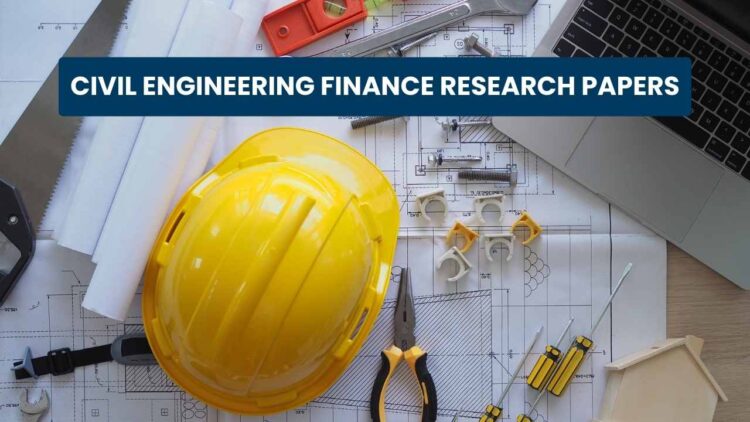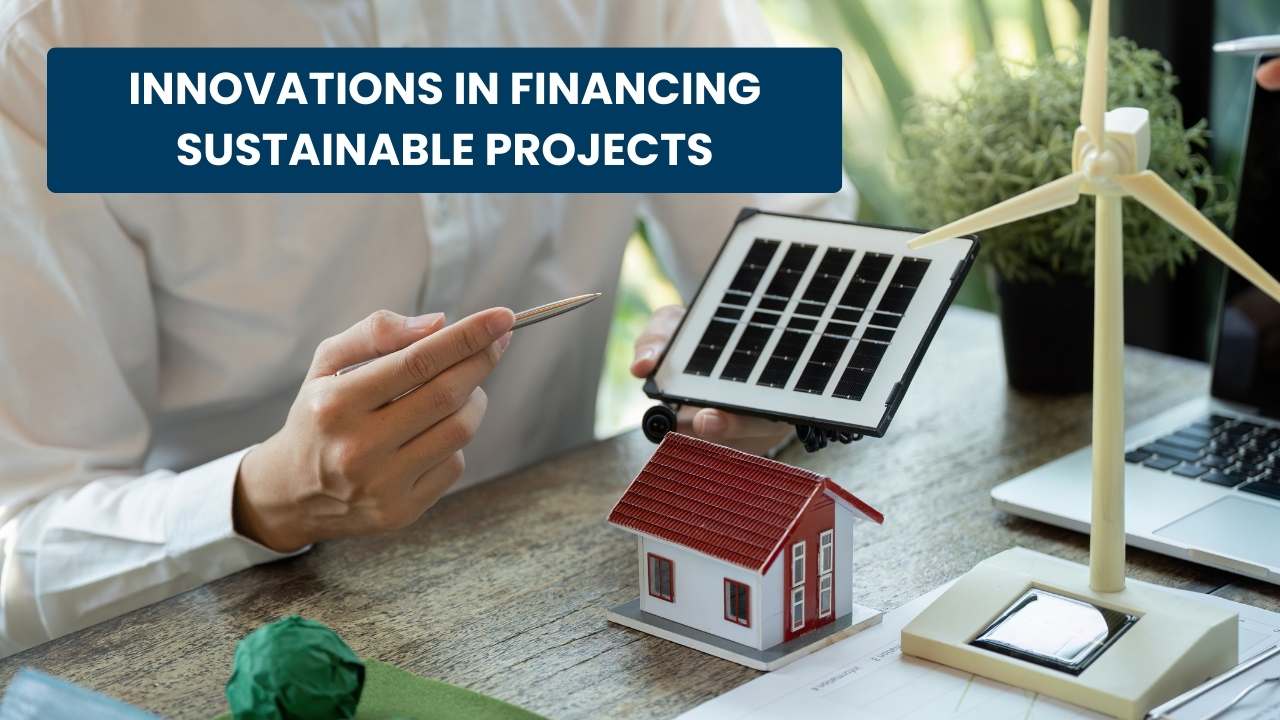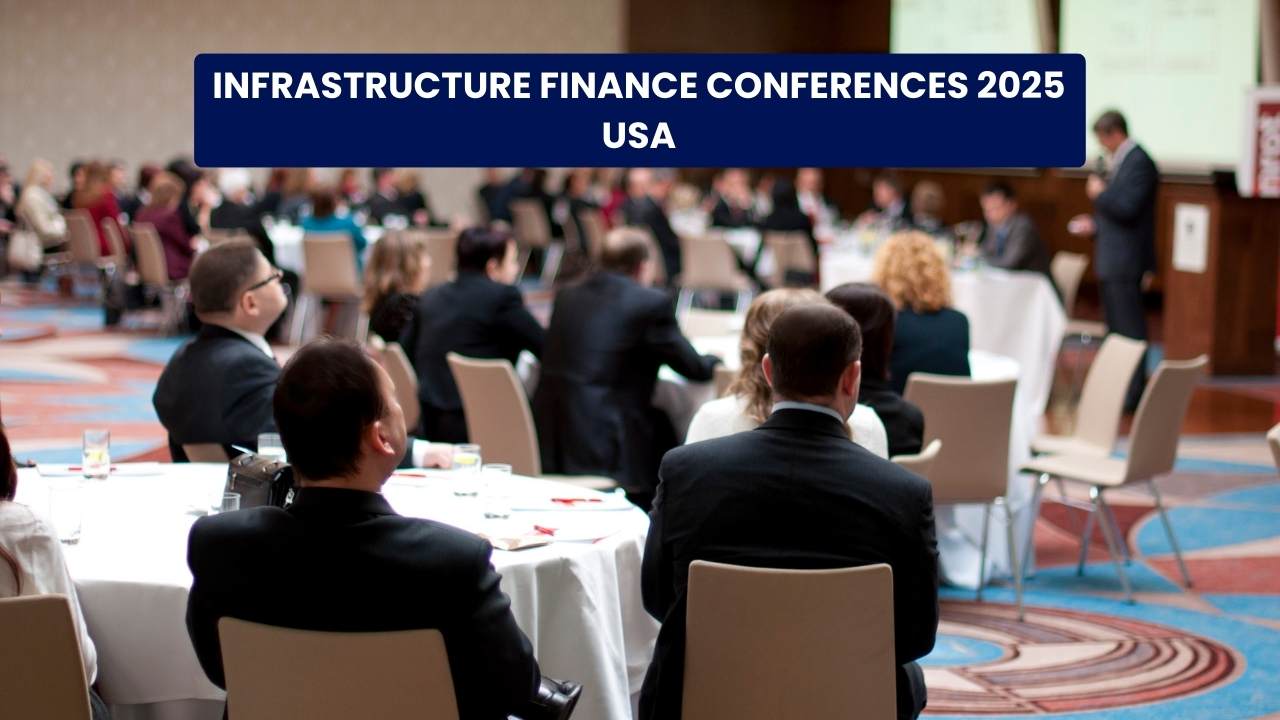Civil engineering finance is an important part where we have to focus to make the project cost-effective and deal with the current investment shortcoming problem. Numerous studies and research have been conducted in this context, so to understand, let’s explore what these studies reveal about civil engineering finances.
Civil Engineering Finance Research Papers
The reports claimed that the global infrastructure will need more funds than the current investment, which leads to improving the financing model. Infrastructure would require adaptation to climate change, reduce its risk, and be sustainable.
To meet society’s needs from climate change to urbanization, the infrastructure would need around $50 trillion or more in the future. Given the growing demand for infrastructure improvement, it is essential to understand the financial models of civil engineering as they design, operate, and build infrastructure.
Numerous studies and research have been done on the finances of civil engineering, which stakeholders can use to understand current scenarios and finances. We have curated some paper overviews for you to understand what the research says. The research paper we have included in this article and studied is as follows:
- A B Kogan 2021 IOP: “Development of Civil Engineering financing forms and their influence on the development’s economy.”
- Oluwadare Joshua Oyebode 2023: “Budgetary Control and Timely Completion of Civil Engineering Projects Through Financial Management.”
- Obloukova, Sobotkova, Vitkova, and Bartos 2025: “Financial Performance of Construction Companies in the four Visegrad countries.”
- Kaya, Altan, and Hartavi 2023 (Vol 3): “Project Finance in Civil Engineering.”
Findings of AB Kogan 2021 IOP
This study examines how financing methods for apartment building construction impact project finances, economic characteristics, and primary residential real estate prices. It utilizes financing rules, tax standards, construction schedules, and investment effectiveness assessment methods.
The two financing models emerged in this research paper – PSA (purchase and sale agreement) and PAShc (Participating Shared Construction). Here are the key findings of the paper:
- The PAShc financing models, where the buyers invest during construction, whereas the PSA models follow the buyer’s revenue after the apartment is completed.
- The PAShc mode incurred the high cost due to bank loan interest, whereas the PSA had higher revenues.
- The developer under the PAShC model had invested only 15% of the upfront cost, whereas the PSA developer has financed the entire construction.
- The project under the PSA model was more profitable compared to the PAShC model, but the return is higher in PAShC. So, the paper suggests that both models are effective in their own way, as PSA has higher profit but lower efficiency, while PAShC has lower profit but higher efficiency.
Findings of Oluwadare Joshua Oyebode’s 2023 study
The researcher studies how financial management and budgetary control can influence civil engineering projects and proposes strategies for cost management. The author has conducted a survey or questionnaires among engineers, clients, and contractors in Nigeria’s construction sector. Here are the key findings of the research paper to understand civil engineering finance:
- The common issues in the construction of the projects were insufficient materials, poor planning, lack of funds, mismanagement, machinery, and unclear project scope.
- The effective method for cost management is cost planning & control, budgeting, cost coding, financial reporting, and cash flow prediction.
- For time management and analysis, the tools mentioned are Program Evaluation Review Technique, Critical Path Method, Microsoft Project, Excel, and others.
Findings of Obloukova, Sobotkova, Vitkova, and Bartos 2025
The study analyzes the financial performance of construction companies in Visegrad countries – Slovakia, Hungary, the Czech Republic, and Poland over the past 10 years (2014-2033). The research finds out what the countries are doing to improve their finances and improve the project’s effectiveness. such as:
- The trend of the finances in civil engineering projects in the four countries is somewhat similar from the aspect of shared economies, regional areas, and others.
- However, the Czech Republic is rather average in the field of construction, whereas the best financial performance of Hungary is based on the debt ratios, ROA, Valae added productivity, and other factors.
- The findings indicate that within the European framework, the Czech Republic ranks 13th in terms of GDP per capita; however, this economic condition does not align with the construction industry trends, suggesting how the countries are developing differently.
Overview of Kaya, Altan, and Hartavi 2023 (Vol 3)
Multiple researchers in this paper study the project finance approach in large-scale civil engineering projects. The authors focused on the Build-Operate-Transfer model in Turkey and described how it affected the project’s effectiveness.
- The studies describe how the civil engineering projects, financing, should be structured properly to understand all the stakeholders’ outcomes.
- The BOT model allows the public-private collaboration for civil engineering projects, which somehow helps in raising the capital.
- The study identified the BOT model risks, revenue scope, and regulatory environment in Turkey, and how these factors affect the financing of the large-scale projects.
The civil engineering world is evolving with the demand and technological changes, hence we need to follow innovative ways to deal with the low investment gap and also ensure the projects can mitigate the climate change risk.



